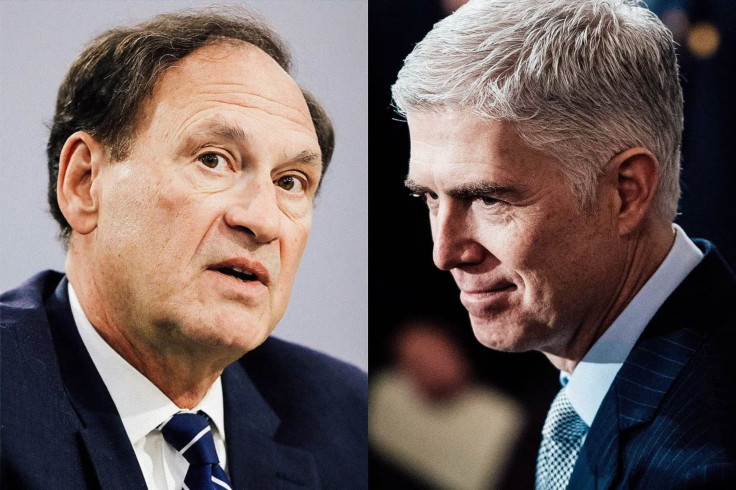
While considering a First Amendment case about access to explicit websites online, Supreme Court Justices Neil Gorsuch and Samuel Alito appeared to be unfamiliar with websites such as PornHub, asking representing attorneys about the kinds of content available on such websites.
On Wednesday, the Supreme Court considered a case that addressed a law passed in Texas in 2023, reported the Texas Tribune. The court was determining whether or not the law, which states that companies running websites where over a third of content is considered to be harmful to minors must implement age verification efforts to ensure users are over the age of 18, is compatible with the First Amendment.
While other states have also passed similar laws pertaining to age verification, Texas' is the first one to be considered by the Supreme Court. When questioning attorney Derek Shaffer, representing Free Speech Coalition, on the content of his client's website, the Supreme Court Justices revealed how little they knew about how such websites actually operated.
"What percentage of your client's materials would be considered obscene for minors?" Gorsuch asked.
"Your friends on the other side say it's all," Gorsuch continued when Shaffer tried to explain that the exact percentage would be difficult to calculate.
At one point, Alito attempted to compare such websites to the Playboy magazine, which contained literary content alongside the explicit content it was so widely known for.
"Is it like the old Playboy magazine, you have essays there by the modern-day equivalent of Gore Vidal and William F. Buckley Jr.?" Alito asked.
"Not in that sense, but in the sense you have wellness post about women recovering from hysterectomies and how they can enjoy sex," Shaffer responded. "That's on there, discussions about age verification proposals and where the industry lines up as far as what they think should be legislated and what should not."
Free Speech Coalition contended that websites on the internet should remain as accessible as possible, and that it is the responsibility of parents, not companies running explicit websites, to prevent children from accessing such explicit material.
"This is the worst of the laws," Shaffer said. "Texas is telling these targeted speakers that pornography is, among other things, contributing to prostitution. You have a hostile regulator who is saying to adults, 'You should not be here.'"
© 2025 Latin Times. All rights reserved. Do not reproduce without permission.





